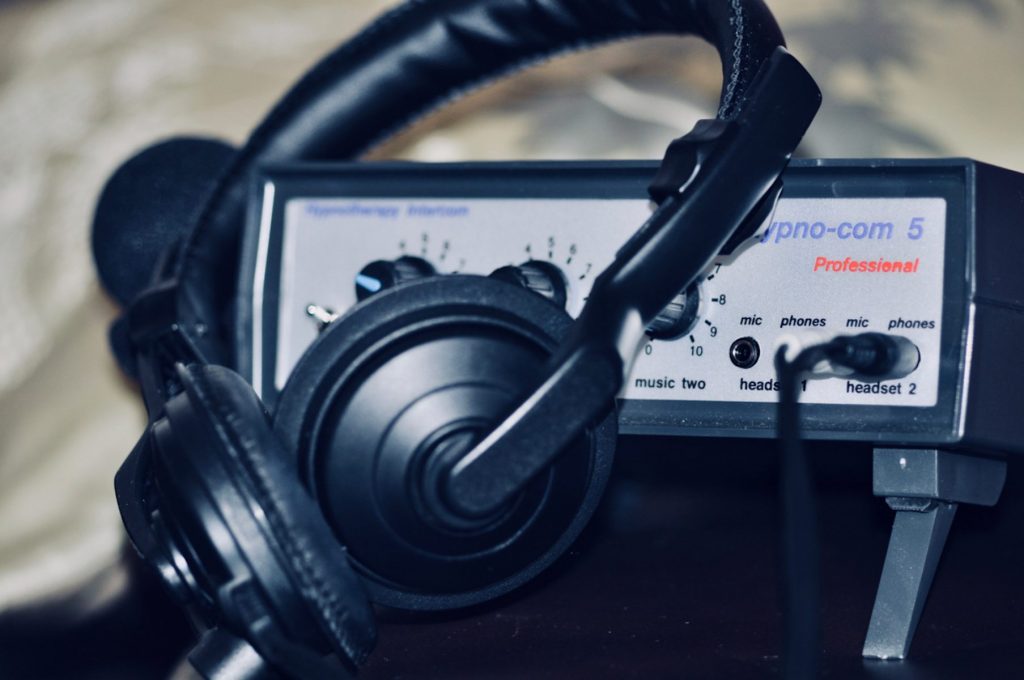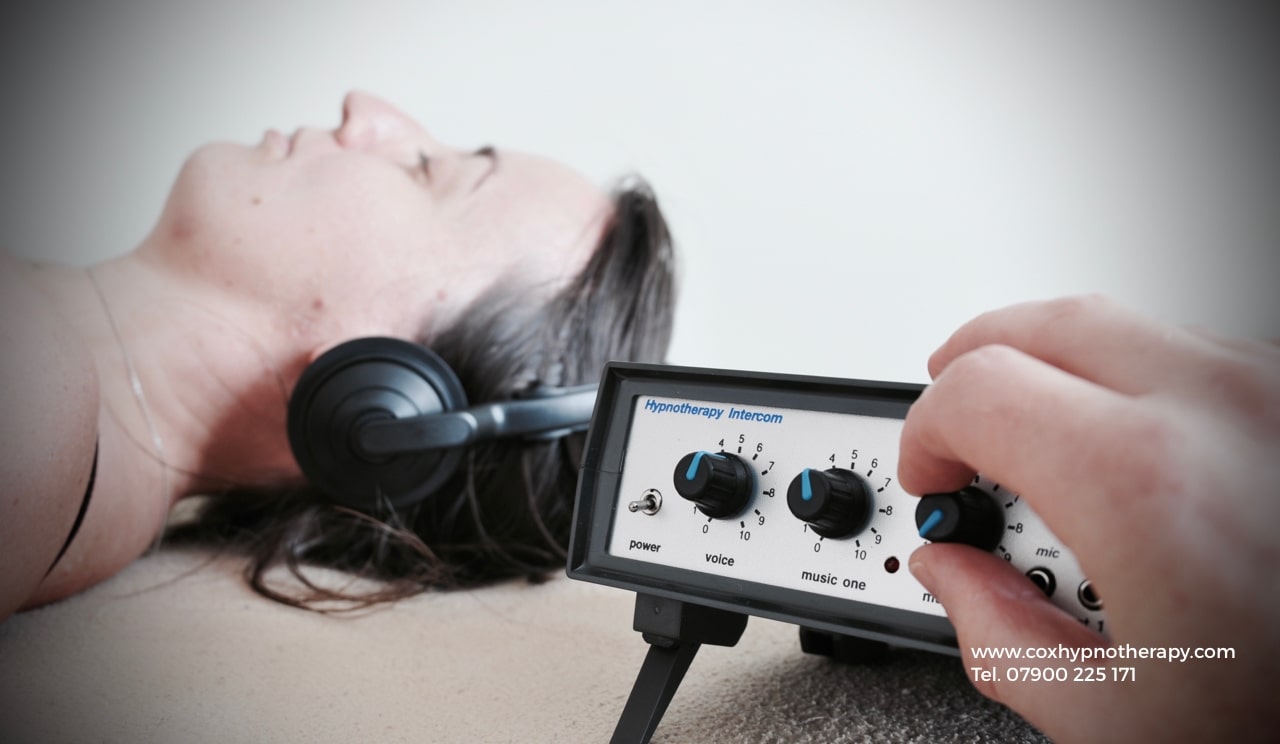Overworked?
You have probably felt it many times – the feeling that you have so many things to do but very little time to do them. And it feels bad, utterly tiring and demotivating. It feels like you have been doing a lot but accomplishing very little.
Overextending at work or any other area of your life can backfire and cause unhappiness. You may be wondering why you’ve come to hate the job you once loved and dreamed of, or take for granted the person you loved the most. If things are going out of balance, don’t panic. In most cases, you only need to take a pause to unwind, recharge and regain your strength, and get back on track again.
But how do you know that you already need a pause?

The following are the warning signs that you definitely need a break. And what you can do about it.
You complain that there’s only 24 hours in a day.
You know you can never change this fact but you keep on complaining and wishing it’s not true. If you are running around like a headless chicken, you are overextended. Being a superhuman can’t help you accomplish more things. When you put too much on your plate, you increase the chance of having fewer goals to accomplish, which simply makes you more frustrated and fed up. Be realistic with your daily targets, as well as your long-term goals. Don’t try to juggle things all at the same time. When making a to-do list, try prioritising the most important ones so even if you weren’t able to finish the rest, you can still feel a sense of accomplishment.
You used to love your job. Now, you loathe it.
Do you remember your first weeks, months and years in your job? There was probably an excitement, joy and enthusiasm. You were probably at your most productive self. But then things start changing. You get burnt out easily. You accomplish less despite your efforts. You are not happy with your performance at work. And you always wish it’s already weekend. If this sounds familiar to you, it is a sign that you are overworked and definitely need a break – a good one. If it’s possible, go ask for some holiday time off. A few days of out-of-work experience can do wonders for your productivity and performance at work. During your rest days, try to make the most out of them. Avoid checking work emails, talking about work issues, and anything else that has to do with work. Make these days what they are intended for – rest.
You don’t have a social life.
If you’re always missing your children’s events, always have an excuse for your friends’ invites and your family and colleagues have no idea where you are – your need for a break is long overdue. Lack of social life is one of the top five regrets of the dying. So if you don’t want this to happen to you, take a pause from your busy life and spend more quality time with your loved ones. They can add more joy to your life and make work easier and the challenges more bearable. You need that sense of belongingness. You need to feel that there are people behind you – praying and wishing that you are doing well.
You haven’t seen a gym in months.
You used to go to the gym several days a week – sweating out all the tension, stress and worries. Now, you hardly think of working out. You don’t even consider exercising at home, or taking a morning jog or walk. You think 30 minutes of physical activity could be 30 minutes of working time so you just tell yourself “I’ll just work out next week”, but it never really happens. Fitness and health should be at the top of your priorities. You can’t be productive at work and perform at your best when you are physically unfit. You really don’t have to hit the gym to stay physically active. Jogging in place for several minutes, taking the stairs instead of the lift, riding a bike instead of a car on your way to work (or parking a few meters away from your workplace), dancing, or downloading some home workout videos to follow are simple ways to stay physically active without putting much time or effort.
You’re S-T-R-E-S-S-E-D.
Does stress never leave you? Are you always feeling tired and lacking in energy? Are you experiencing sleepless nights? Do you drink more coffee than you used to? Do you suffer from unexplained pain such as low back pain, and fatigue? Chances are – you are stressed. Stress can be your worst enemy. It is a condition that when not taken seriously, can lead to a poor health outcome. Chronic stress has been widely linked to a host of health problems, such as heart disease, cancer, diabetes, and obesity. Feeling stressed is a big warning sign that you need a break. It means you need to act on it now before something else – an irreversible damage – comes around.
You fear change.
Do you hate change? They say nothing is constant in this world but change. However, if you are continually trying to be in charge of everything without allowing room for change, you could be missing a lot of opportunities that could make you extra happier. If there’s an opportunity you are thinking about, don’t hesitate to welcome it. Life really is short. Pause and take a break. This helps you find clarity and make better choices.
It’s time for a break if you can check off one of these items. But taking a pause doesn’t mean quitting your job or pushing away things or people that stress you out. It doesn’t always call for a long holiday. You simply have to slow down. How? The key is to simply know what works best for you. If you can’t get a week-long rest period, try to think of a daily routine that allows yourself to just “be”. At this moment, avoid overthinking about anything, and remember you are just there, being.
Consider strolling in the park, playing with your pet, or spending time alone in a nice place (your garden) and letting nature comfort your troubled mind as you breathe in and out. Dedicate time to do this activity, even if it’s just five minutes a day. And as you do it, make sure your phone or computer is not with you. You want to disconnect, at least for the time being. Consider taking a pause. You’ll realise that life gets so much better when you are able to take a pause and slow down.






